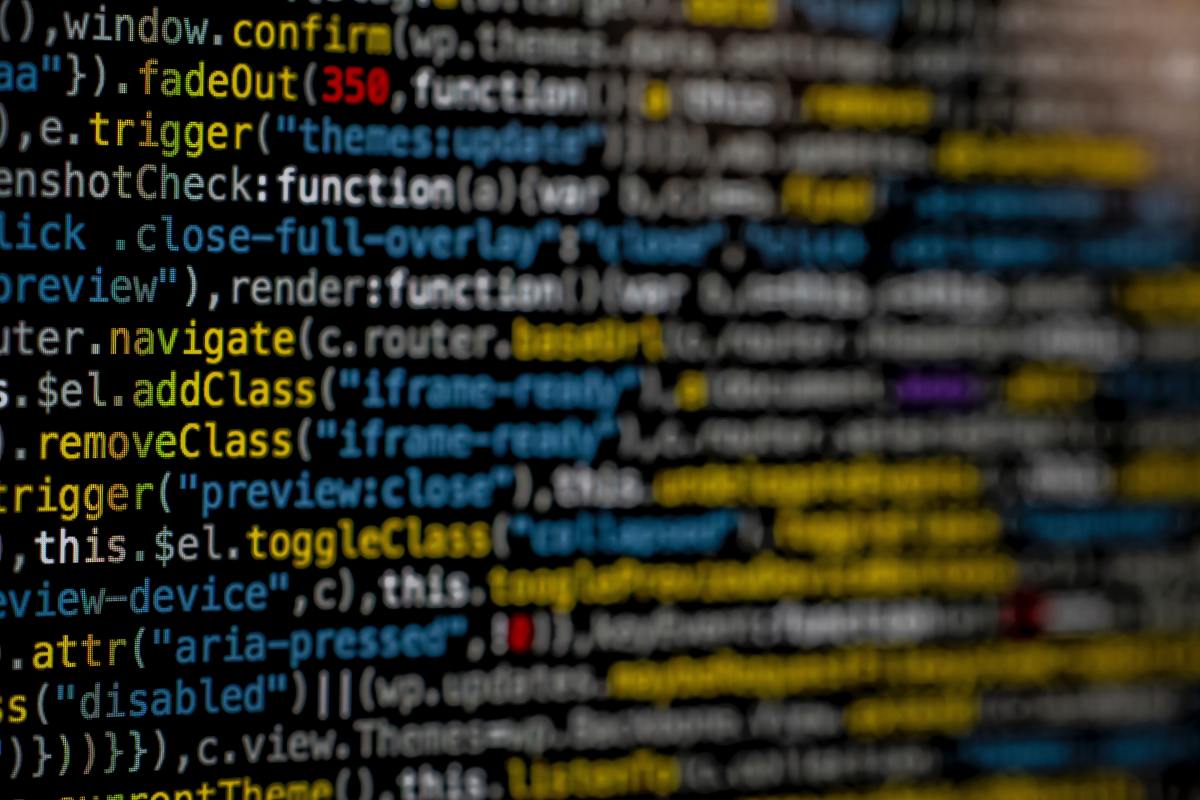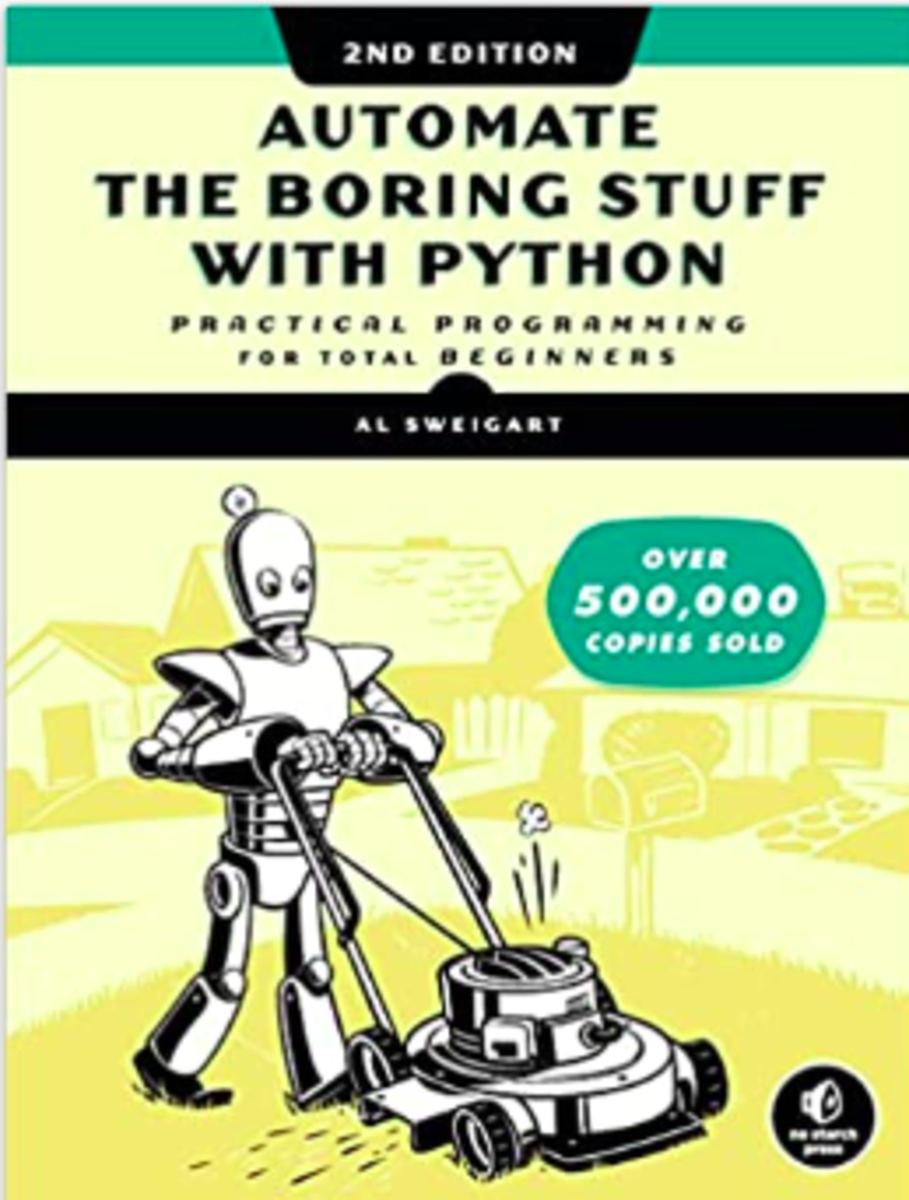Photo by Python is a fantastic programming language. It offers the support of what is likely the most welcoming user community, enables quick creation and debugging, and can be used for virtually any programming activity. Regardless of which book most stands out, consider this anecdote from one of our book reviewers, Steven C. Howell:
Best Books for Learning Python
1. Python Crash Course, 3rd Edition
Python Crash Course is a thorough introduction to Python programming that moves quickly and will have you building programmes, fixing issues, and creating functional objects in no time. I can’t say this has always been the case for me, but I’ve definitely found that a second reference can make all the difference when the first left me puzzled or frustrated. When learning Python classes, I had difficulty relating to the examples used in the first two books I picked up. It wasn’t until the third book I referred to that the concepts started to click. The important lesson is that if you get stuck or frustrated, and the resources you have are not helping, then don’t give up. Look at another book, search the web, ask on a forum, or just take a break.” You’ll learn about fundamental programming ideas like lists, dictionaries, classes, and loops in the first half of the book. You’ll also practise writing clear, legible code with exercises for each concept. Additionally, you will learn how to test your code properly before including it in a project and how to make your programmes interactive. You’ll put your new knowledge into practise with three big projects in the second half of the book: a Space Invaders-inspired arcade game, data visualisations using Python’s super-useful libraries, and a straightforward web app you can publish online.
2. Object-Oriented Python
In order to think differently about computational issues and solve them in a way that is extremely reusable, object-oriented Python (OOP) is a paradigm that combines data and code into logical pieces. Aimed at intermediate programmers, Object-Oriented Python is a practical course that delves deeply into the fundamental concepts of OOP. It demonstrates how to use encapsulation, polymorphism, and inheritance to create games and apps using Python. The book walks you through the fundamentals of building classes and objects in Python in the first part of the book after highlighting some of the major issues procedural programming has. The development of buttons, text fields, and other GUI components that are common in event-driven contexts will be the next step in building on this foundation.
3. Automate The Boring Stuff With Python, 2nd Edition
If you’ve ever logged hours renaming files or updating hundreds of spreadsheet cells, you are aware of how tiresome such activities can be. What if, though, your computer could perform these tasks for you? You can learn how to use Python to develop programmes that perform what would take you hours to do by hand without any prior programming knowledge by reading Automate the Boring Stuff with Python. Once you’ve grasped the fundamentals of programming, you’ll be able to easily produce Python programmes that accomplish useful and amazing feats of automation to: Search for text within a single file or among several files. File and folder creation, updating, moving, and renaming Do a Web search and download some online material. Split, merge, and add a watermark to data in Excel spreadsheets of any size.
4. Beyond the Basic Stuff With Python
In this book, you’ll learn how to develop your Python programming skills by using the command line and other industry-standard tools like code formatters, type checkers, linters, and version control, which are more than just a collection of advanced syntax and expert recommendations for creating clean code. Sweigart walks you through the best practises for configuring your development environment, naming variables, and enhancing readability before tackling documentation, organisation, and performance measurement, as well as object-oriented design and the Big-O algorithm analysis that is frequently used in coding interviews. He then moves on to documentation, organisation, and performance measurement. Your ability to programme in any language, not just Python, will improve as a result of the skills you acquire.
5. Python One-Liners
Readers of Python One-Liners will learn how to complete practical tasks using just one line of Python code. The book begins with a brief review of Python before moving on to important advanced subjects including list comprehension, broadcasting, lambda functions, algorithms, logistic regression, and more. Each chapter begins with an introduction to the topic at hand, explains the abilities required to tackle it, and then offers a succinct one-liner Python solution with a thorough justification. This article is accurate and true to the best of the author’s knowledge. Content is for informational or entertainment purposes only and does not substitute for personal counsel or professional advice in business, financial, legal, or technical matters. © 2022 Ashutosh Singh Patel



